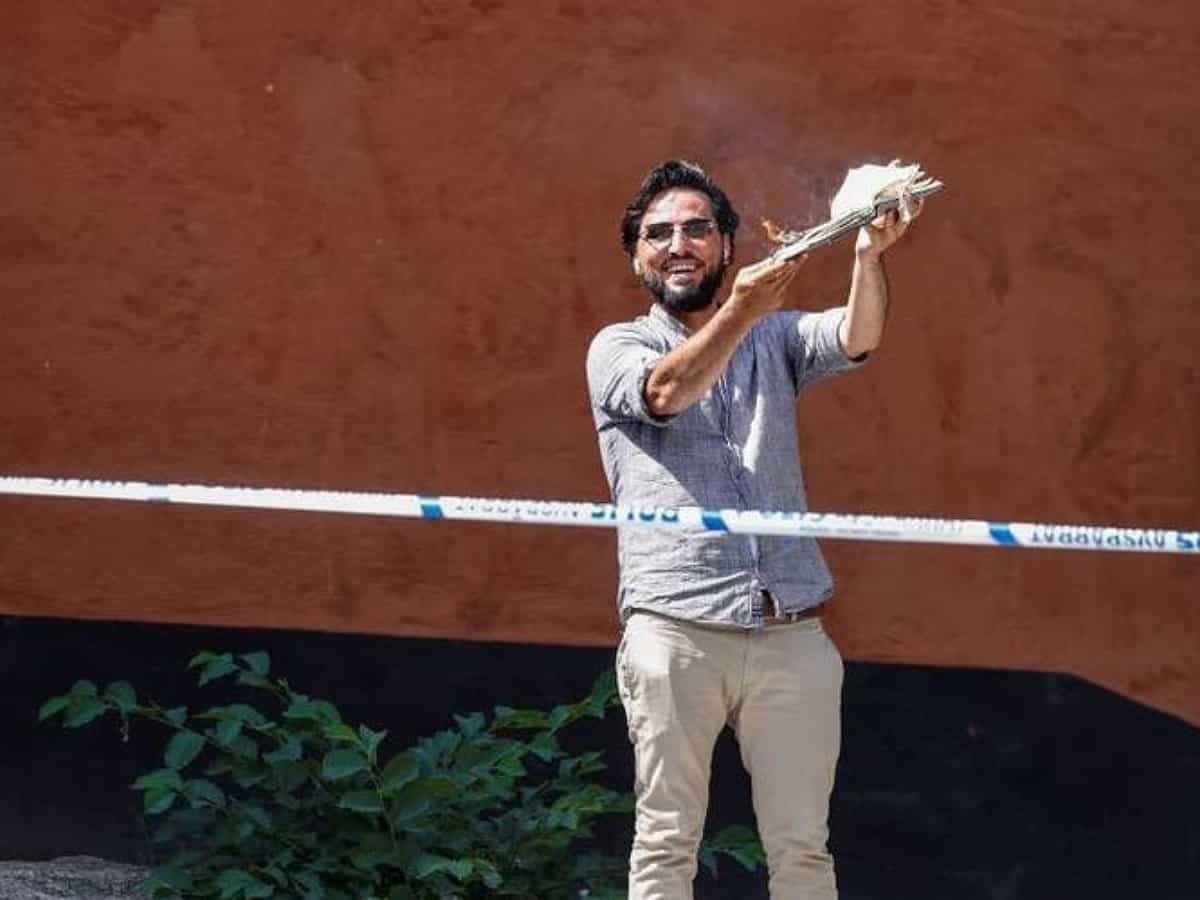
United Nations: India on Wednesday voted in favour of a draft resolution tabled in the UN Human Rights Council that condemns and strongly rejects recent “public and premeditated” acts of desecration of the Holy Quran.
The Geneva-based 47-member UN Human Rights Council adopted the draft resolution Countering religious hatred constituting incitement to discrimination, hostility or violence’, with 28 members voting in favour, seven abstentions and 12 nations voting against.
India voted in favour of the resolution that “condemns and strongly rejects the recent public and premeditated acts of desecration of the Holy Quran and underscores the need for holding the perpetrators of these acts of religious hatred to account in line with obligations of States arising from international human rights law”.
Those voting in favour of the resolution included Bangladesh, China, Cuba, Malaysia, Maldives, Pakistan, Qatar, Ukraine and UAE. Nations voting against the resolution included Belgium, Finland, France, Germany, the UK and the US.
The draft resolution was brought by Pakistan on “behalf of the States Members of the United Nations that are members of the Organisation of Islamic Cooperation” as well as by the State of Palestine.
It urged the United Nations High Commissioner for Human Rights and all relevant special procedures of the Human Rights Council, within their respective mandates, to “speak out against advocacy of religious hatred, including acts of desecration of sacred books that constitutes incitement to discrimination, hostility or violence, and contribute to the process of examination of gaps in national laws, policies and practices and recommend redressal measures”.
It called upon States to examine their national laws, policies and law enforcement frameworks with a view to identifying gaps that may impede the prevention and prosecution of acts and advocacy of religious hatred that constitute incitement to discrimination, hostility and violence, and to take immediate steps to plug those gaps.
Volker Turk, United Nations High Commissioner for Human Rights, said the debate on the topic was prompted by recent incidents of burning of the Quran, which is the core of faith for well over a billion people.
“These and other incidents appear to have been manufactured to express contempt and inflame anger; to drive wedges between people; and to provoke, transforming differences of perspective into hatred and, perhaps, violence.
“A crescent, a star, a cross, a seated figure: for some, these might mean little, but for millions of people they have deep significance as the repository and incarnation of an immense history, a far-reaching system of values, a foundation of collective community and belonging, and the essence of their identity and core beliefs,” he said.
Turk underlined that many societies are struggling with the weaponisation of religious differences for political purposes. “We must not allow ourselves to be reeled in and become instrumentalised by these merchants of chaos for political gain these provocateurs who deliberately seek ways to divide us,” he said.
There has been widespread anger and condemnation across the Islamic world after an Iraqi Christian immigrant, in an act of protest supported by the Sweden government, burned the Quran outside a mosque in Stockholm on the festival of Eid al-Adha last month.
(Except for the headline, this story has not been edited by Siasat staff and is published from a syndicated feed.)
